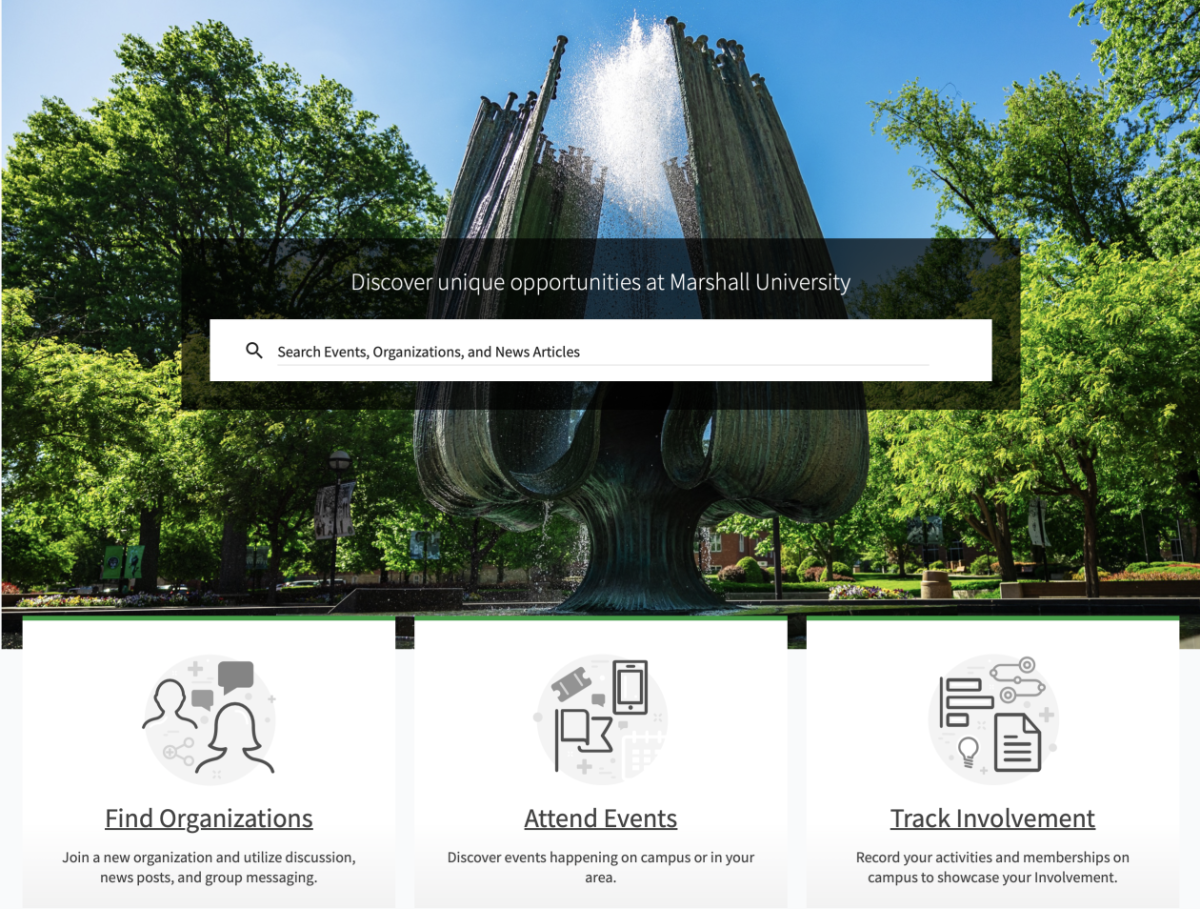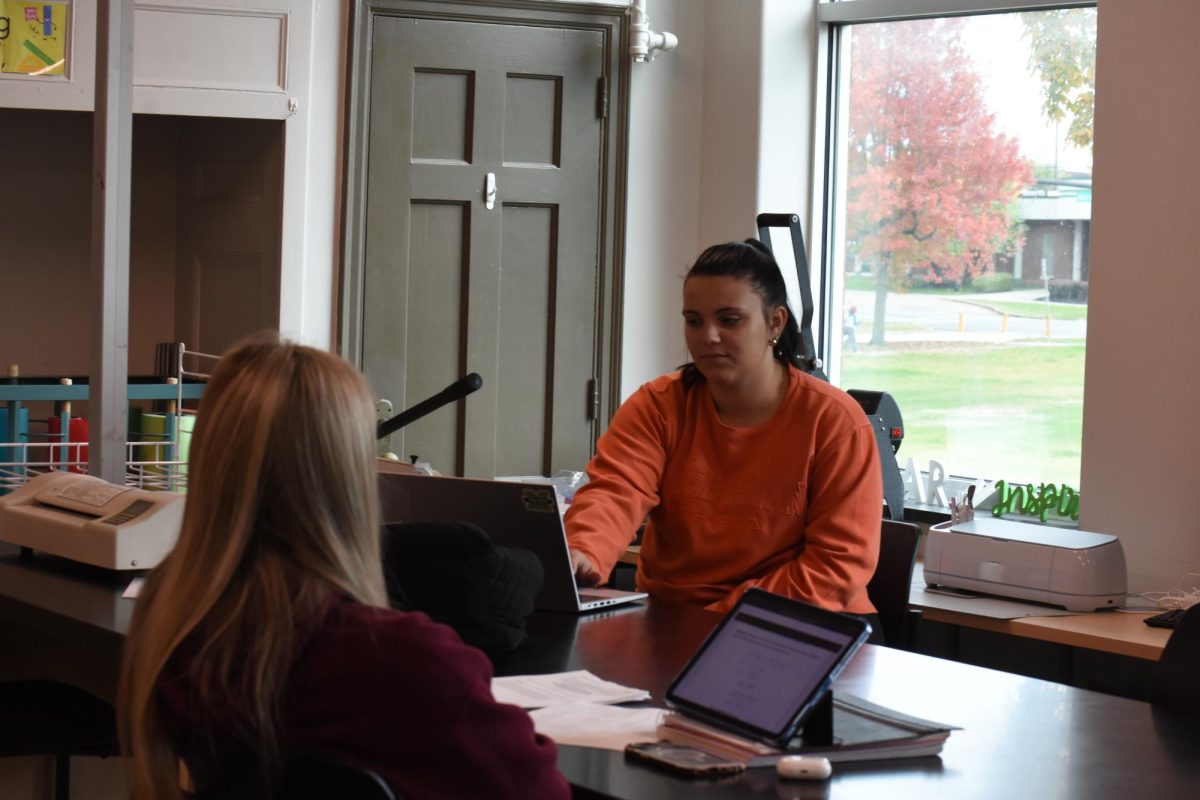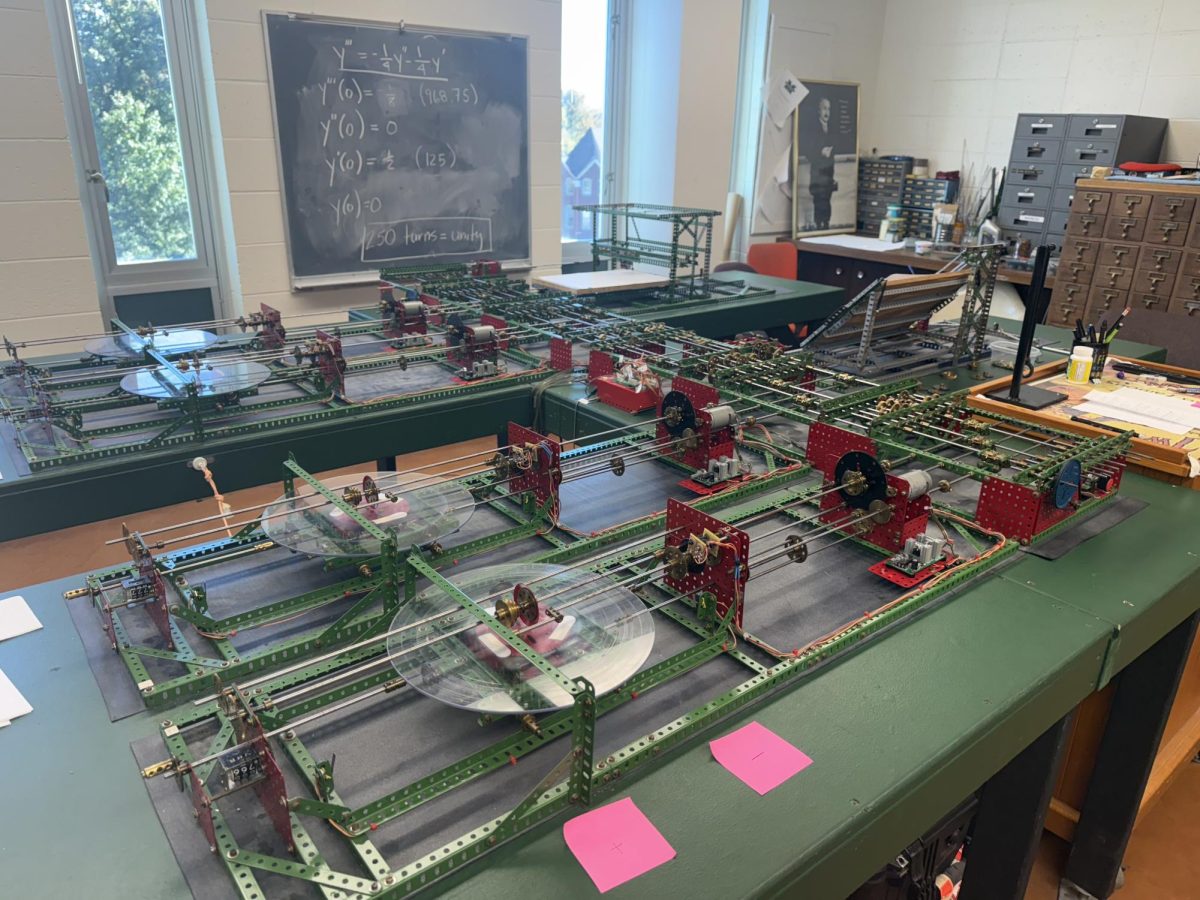With a later start in the spring semester, the Amicus Curiae series welcomed another lecturer to the podium on Thursday, March 27.
Margaret Lemos, professor of law at Duke University, filled the evening with her take on partisanship and, more specifically, how partisanship affects the United States Supreme Court.
In addition to her work as a teacher, Lemos worked as a law clerk for U.S. Supreme Court Justice John Paul Stevens.
Given her direct experience in the national courtroom, Lemos said the Supreme Court is certainly more political today than it once was.
“No one seriously believes that law can be separated entirely from politics,” she said. “The more you see the court as a political body, the more intuitive and attractive.”
Lemos said regardless of how the court is seen, it will always have some political identity tied to it.
“The more you see the court as independent or separate from politics, the more worrisome – it seems to expose the court to new kinds of democratic or political influence,” Lemos said.
She gave an example from her own life when applying for a clerkship post law-school. A once open road opportunity for fresh graduates often turns into a two-sided highway.
To put it simply: Opposing political sides don’t want to work together.
“When I was in law school, about 25 years ago, it was the norm that if you were going to apply for a clerkship after graduation, you applied to judges regardless of ideology or political affiliation,” Lemos said. “That is not the message students get today. Nowadays, liberal students apply to liberal judges – for the most part, there are exceptions – and conservative students apply to conservative judges.”
“They do that in part because nowadays it feels wild to think about working for someone on the opposite end of the political spectrum and also because they know the judges are not that likely to hire someone from the opposite team,” she said.
One of the beginning steps to reform, Lemos said, is to examine the court’s mechanics. This includes the confirmation process and Constitution-based procedures, such as lifelong terms.
“I think we might be able to make a little bit more progress on reform if we start with those kinds of questions,” she said. “Working from the ground up.”
The next lecture in the series will come from former civil rights prosecutor Jared Fishman on Thursday, April 17. All lectures begin at 7 p.m. in the Brad D. Smith Foundation Hall.
Sarah Davis can be contacted at [email protected].




















